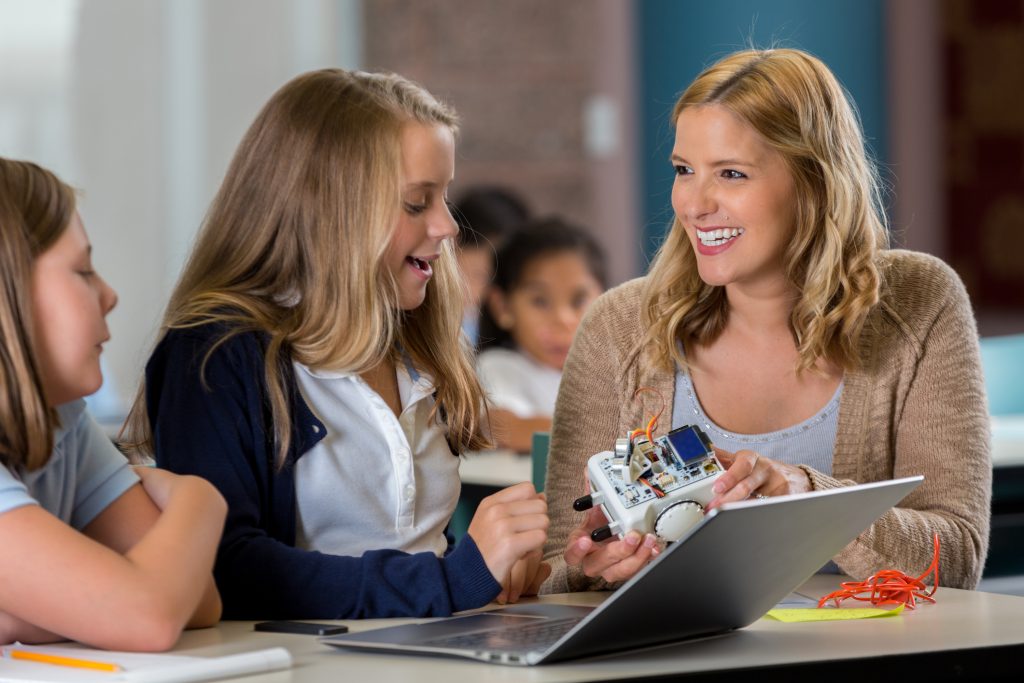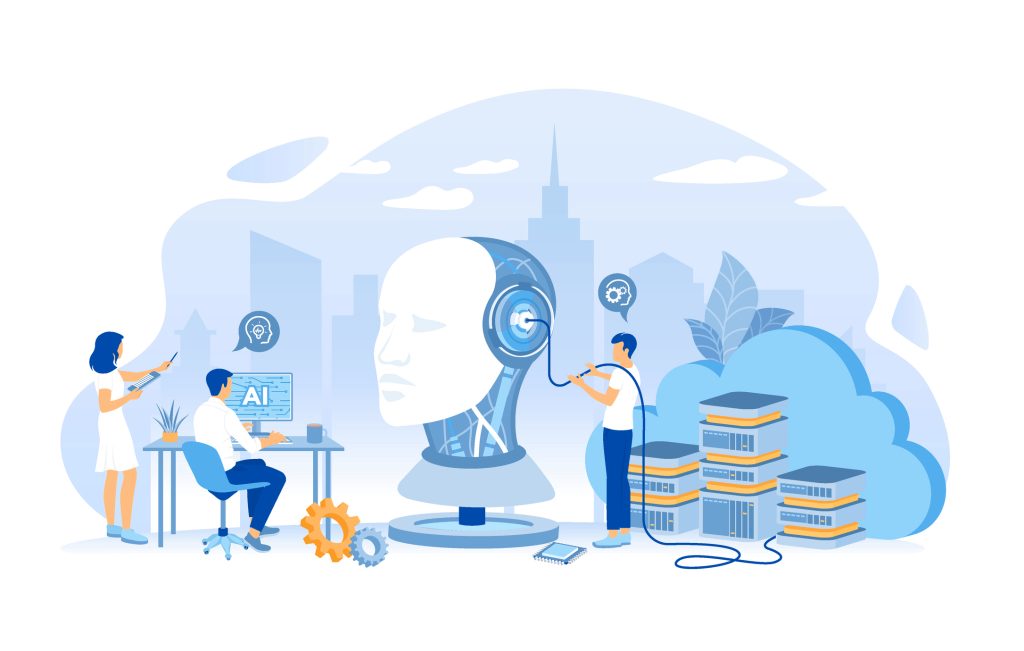Many of us look forward to hearing the voices of Shawn Achor, Brandon Fleming, and Michele Borba at the 2023 ASCD Annual Conference. These featured speakers advocate for optimism, culturally inclusive content, and character education, respectively. I view their missions as overlapping.
We may not remember specific assignments, group work, or lectures, but we do remember our teachers and how they made us feel. My guess is that those you remember most fondly you would describe as ‘happy.’ Shawn Achor, an expert in positive psychology and author of The Happiness Advantage, states that with a happiness advantage, people are 31% more productive, creative, and engaged. Thus, happier teachers will be more enthusiastic about their work, which can have a ripple effect on their students. Cultivating a sense of joy and optimism increases dopamine levels, “which floods the brain when you are positive… [and] turns on all the learning centers in your brain allowing you to adapt to the world in a different way.” You can hear more statements like this one during Shawn Achor’s TED Talk, “The Happy Secret to Better Work.”
Although a teacher’s happiness can create a safe and supportive learning environment, which can have a profound impact on how students feel in the classroom, it is also necessary to capture the minds of our diverse student population.
Brandon Fleming, founder & CEO of the Veritas School and author of Miseducated: A Memoir, has dedicated his life to helping underprivileged students. As a child, Fleming struggled in school. However, once he heard voices similar to his own, those of Malcolm X, Frederick Douglas, and writers of the Harlem Renaissance, Fleming became an active participant in his learning journey. His experience demonstrates how essential it is to include content in schools that is reflective of the students in the classroom.
Educators and policymakers need to continue to work towards ensuring that every student has access to a curriculum that celebrates their unique experiences and perspectives because, as Fleming told an audience at Roanoke College in 2022, during Black History Month, “Stories change people more than data ever will, and the reason why is that stories are the gateway to empathy.”
Once a student connects to the curriculum, knowing that a part of them has been validated, students more readily explore the world around them, making connections of their. Seeing themselves in the curriculum builds confidence so students are more willing to understand and to share the feelings of other people.
And empathy, not only can be taught but should be taught through programs that focus on character development and community service. “Character is what builds inner strength, genuineness, and wholeness and helps turn kids who strive for the next gold ring into young adults who thrive in a fast-paced, ever-changing world. When kids are missing character strengths like optimism, curiosity, empathy, and perseverance their development is incomplete” (Michele Borba, Thrivers).
Michele Borba, best-selling author and educational psychologist, believes in the importance of teaching social-emotional intelligence (SEI) in schools. This includes nurturing a caring heart, developing a strong mind, and cultivating a determined will. When students have strong SEI skills, they are better able to handle stress, build positive relationships, and make good decisions. However, SEI is often overlooked in traditional education systems, which focus primarily on academic achievement. Schools need to create a more holistic education system that supports the social, emotional, and academic growth of all students.
So, if happy teachers inspire optimism in our students, if a culturally inclusive curriculum demonstrates respect for our students, and if social-emotional tools prepare our students to find happiness and to respect others, then the cycle will continue.
My colleague, Tim Bowen, and I will be attending the 2023 ASCD Annual Conference in Denver, CO this year. We look forward to hearing what our esteemed speakers have to say. We’d also like to know what you have to say. Please stop by our booth (#740) to chat about where our education system is headed and/or how our copyright licensing solution may help you to incorporate a more diverse, engaging curriculum.
To see more of the latest content we’ve gathered relevant to both the K-12 and higher education spaces, including featured videos, case studies, and articles, please visit the CCC Academic Community Center.





